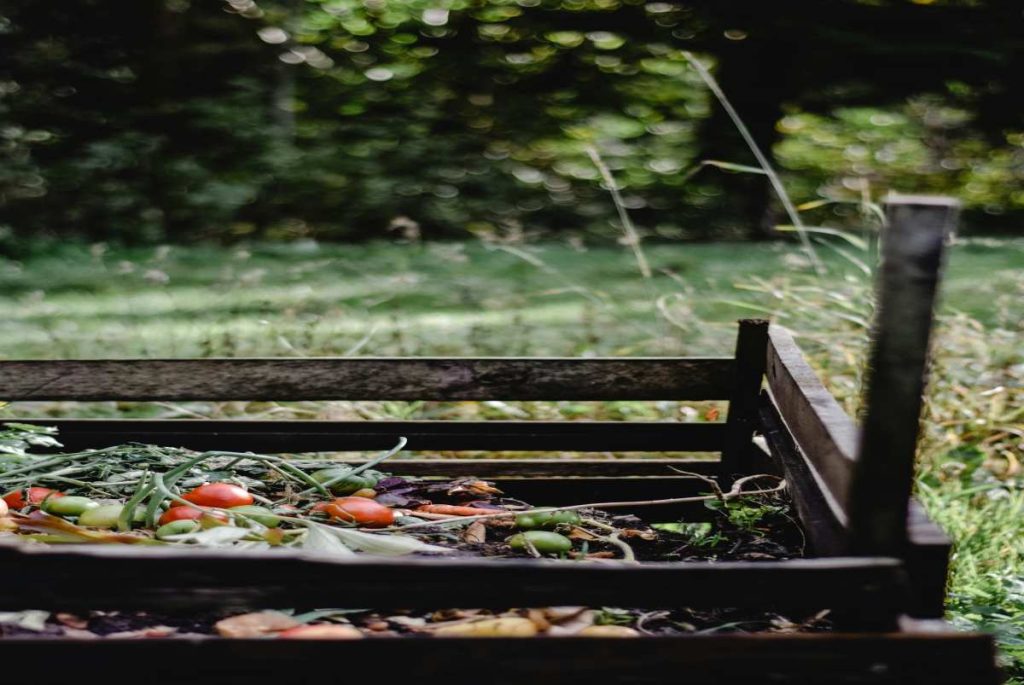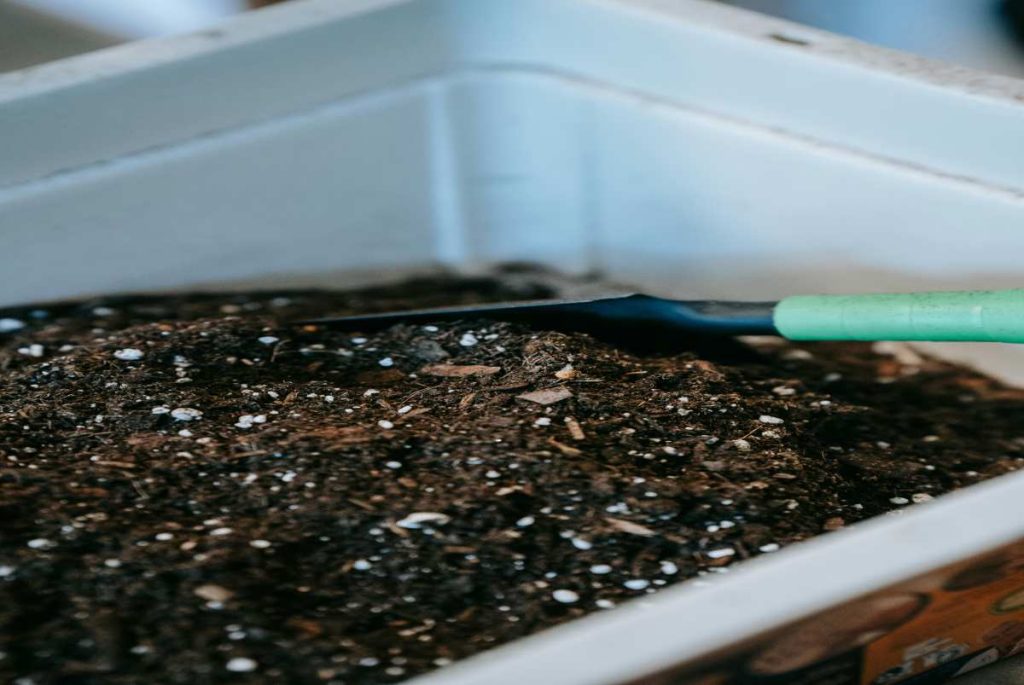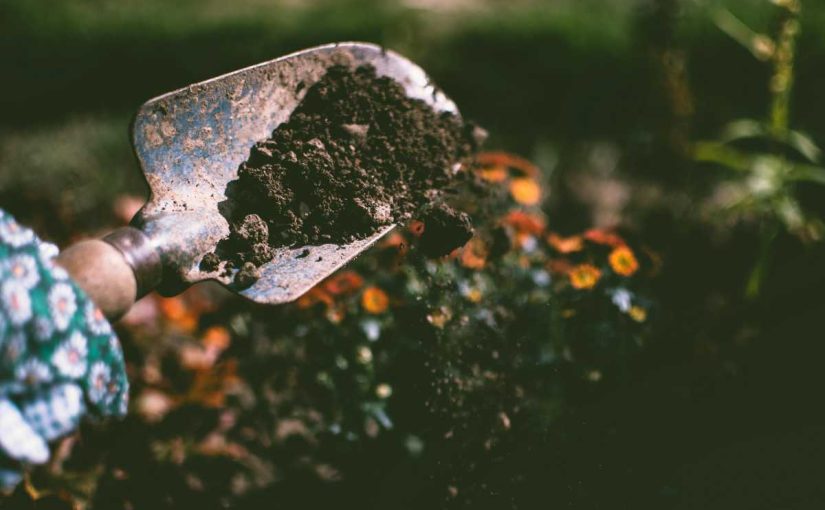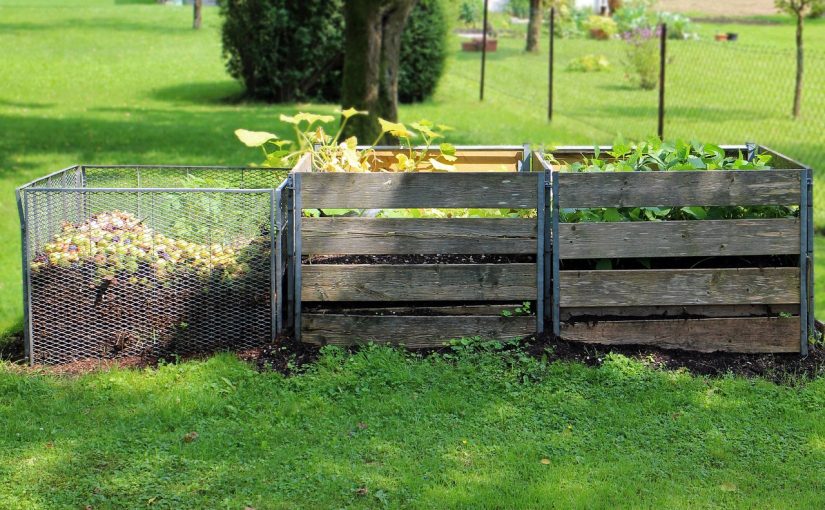Composting is a great way to recycle organic waste and create nutrient-rich soil for your garden. However, it’s not always a smooth process. One of the most common issues composters face is unpleasant odors, which can indicate problems in the compost pile. Fortunately, most composting problems can be solved with a few adjustments. Here are 5 common composting problems and their solutions to help you fix smelly compost piles.
1. Pile is Too Wet
Problem: If your compost pile is too wet, it can create anaerobic conditions (lack of oxygen), leading to a foul, rotten smell. Excess moisture can also cause the pile to become compacted, limiting airflow and slowing down the decomposition process.
- How to Fix It: Add more dry, carbon-rich materials (browns), such as straw, shredded leaves, or cardboard, to absorb excess moisture. Additionally, turning the pile regularly will help introduce oxygen and keep the pile aerated.
- Tip: Aim for a moisture level that’s similar to a wrung-out sponge—moist but not dripping wet. If the pile feels soggy, add dry materials and mix it up.
2. Pile Lacks Oxygen
Problem: Decomposition in a compost pile requires oxygen. When a pile is too compacted or hasn’t been turned enough, the microorganisms may begin to break down materials anaerobically, which produces a sulfurous, rotten odor (similar to rotten eggs).
- How to Fix It: Turn the pile regularly (once a week, or at least every two weeks) to introduce oxygen. This helps prevent compaction and encourages aerobic bacteria, which decompose organic matter more efficiently and without odors.
- Tip: Use a pitchfork, compost aerator, or shovel to fluff up the pile and improve airflow. Consider turning the pile every time you add new materials to it.
3. Too Much Green Material (Nitrogen-Rich Waste)
Problem: Compost piles that are too rich in green materials (such as grass clippings, food scraps, and coffee grounds) can lead to an imbalance of nutrients. When there’s too much nitrogen, the pile can start to smell like ammonia, which is an indication of excess nitrogen and insufficient carbon.
- How to Fix It: Add more brown materials (carbon-rich materials) to balance out the pile. Brown materials include dry leaves, straw, shredded paper, cardboard, and wood chips.
- Tip: Maintain a ratio of about 3:1 or 2:1 brown to green materials. If your pile is too green, it may need more brown materials to absorb the excess nitrogen.
4. Adding Meat, Dairy, or Fatty Foods

Problem: Adding meat, dairy, oils, or greasy foods to your compost pile can attract pests, slow decomposition, and create foul smells. These items do not break down easily and can cause anaerobic conditions within the pile, leading to a stinky, unpleasant odor.
- How to Fix It: Avoid adding meat, dairy, bones, and oils to your compost pile. Stick to plant-based kitchen scraps and organic matter, such as fruit and vegetable scraps, coffee grounds, and eggshells.
- Tip: If you want to compost food scraps like meat, consider using a composting system designed for these types of materials, such as a composting bin with a lid or a worm bin (vermicomposting).
5. Pile Isn’t Hot Enough
Problem: A compost pile that doesn’t reach the right temperature can decompose slowly and might not break down fully, leading to unpleasant smells. When the pile isn’t hot enough, anaerobic bacteria can take over and produce foul odors.
- How to Fix It: To heat up the compost pile, add more green materials (which provide nitrogen) and ensure that the pile is large enough to generate heat. A pile needs to be at least 3 feet by 3 feet to reach the ideal temperature range (130°F to 160°F or 54°C to 71°C).
- Tip: If the pile isn’t heating up, you can also add some finished compost to jump-start the microbial activity. Alternatively, turn the pile to reintroduce oxygen and encourage faster decomposition.
Conclusion
Smelly compost piles are often a sign that something is off balance in the composting process. By identifying the root cause of the problem and making simple adjustments, you can eliminate odors and keep your compost pile healthy. Ensuring proper moisture levels, balancing nitrogen and carbon, turning the pile regularly, and avoiding problematic materials will help you create rich, nutrient-dense compost without the unpleasant smells.




